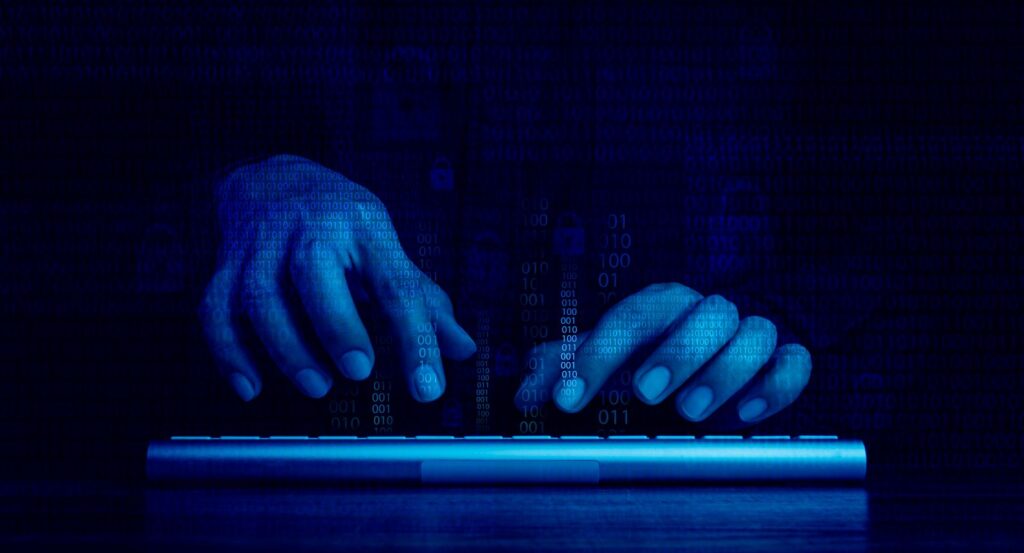The FBI issued a warning June 28, 222 that complaints are rolling in about a scheme in which fraudulent candidates apply for remote-work positions and use deepfake technology to hide their identity during the video interview process. While the reported attempts so far have been foiled, the FBI said its presumption is that hackers are hoping to secure the position, gain access to company logins and steal sensitive customer and client information.
Deepfake technology uses artificial intelligence to create convincing, synthetic media. Through this tech, fake job applicants can use an overlay of a different individual’s face to conduct the video interview using a different identity. While the notion may sound ridiculous, deepfakes can be alarmingly realistic.
Fraudsters have been targeting mainly tech-heavy jobs, Brian Blauser, a supervisory special agent with the FBI, told HR Dive. These include information technology, engineering, database management and other roles that would likely require access to private information.
Because most industries collect some kind of private data from users — be it financial or identity information — many organizations are likely to be targeted. “Really, any company that has [personally identifiable information] on its system is probably going to be a target at some point down the road,” Blauser said.
Still, there are a few ways HR pros can weed out the frauds and keep their companies safe.
Pay close attention during video interviews
As mentioned, deepfake media can be surprisingly convincing — but there are some tell-tale signs to look out for. In the case of interviews that have been reported to the FBI, voice spoofing and deepfake voice technology seem to have been used as well. Sometimes, there appears to be something “off” during these interviews. The lip movements and audio of a person on screen may differ slightly, like a bad lip sync. The interviewer may hear a cough or sneeze without seeing it happen on screen, Blauser noted. If something feels a bit too uncanny, interviewers should follow their intuition, he said.
Exercise due diligence in checking documents
With HR sometimes under the wire to rapidly recruit, it may be tempting to skip or delay some identity verification steps and quickly onboard a new hire. This would be a mistake, Blauser said.
Follow through on background checks and other identification processes the company has in place before providing access to secure company databases and client information. If the process results in errors, like a social security number or date of birth that doesn’t quite match up as expected, pause the hiring process and ensure the error is an honest one — and is corrected — before moving forward, he recommended.
Even paying attention to social media profiles can help. “Go look at their LinkedIn profile and see if it matches [the information provided],” Blauser said. “I know the bad guys can create LinkedIn profiles pretty easily. But you know, if you happen to know somebody in the same network or whatever, reach out to that person [and ask], ‘Hey, do you know this guy or gal?’ Don’t be afraid to ask questions.”

